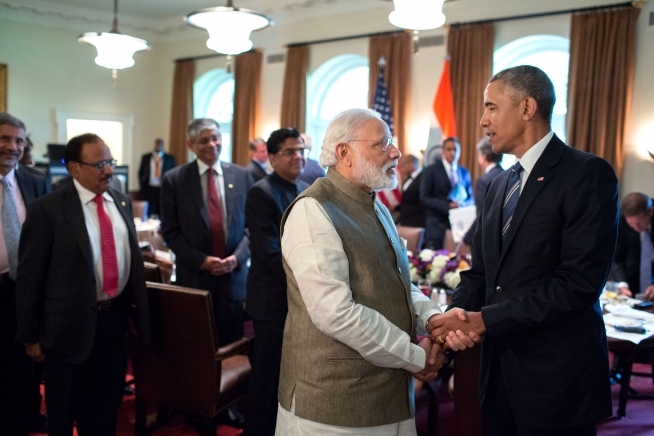
Last week’s event for the Programme for African Leadership raised all sorts of questions and debates about ethics and guiding principles. But a separate issue of contention, which slipped out almost erroneously on the night (to the amusement of most), proves just as important.
One of the speakers, Duncan Green, Professor in Practice at LSE and well known to our readership, supports a pledge fronted by Owen Barder and other influential figures to boycott all-male panels. It reads as follows:
At a public conference I won’t serve on a panel of two people or more unless there is at least one woman on the panel, not including the Chair.
For Duncan to speak at the event, it necessitated an invitation for Dr Anna Macdonald, a Fellow at the JSRP, who chaired the evening with class and composure.
There’s more than a small sniff of irony (if not hypocrisy) about the need for debate at all. How can we ask students aspiring towards leadership positions to adopt inclusivity among their guiding principles if those who seek to educate and inspire them cannot always demonstrate it themselves.
Last Thursday proved a small success story for inclusion and gender equality. How many more could there be?
It’s becoming clear now that the Department of International Development needs to be part of the discussion. Its students deserve for it to be part of the discussion.
So, what are your thoughts on this?
Where do we draw the line between gender equality and positive discrimination? If women were to make late withdrawals from a panel due to unforeseen circumstances, what course of action (if any) should pledge-holders be expected to take?
Writing about these issues two years ago, Duncan highlighted the various problems that an invited speaker will encounter when they are first approached. Speakers don’t always know the line-ups in advance, and organisers may well make promises with the best of intentions that they then struggle to keep.
It’s not a cut-and-dry approach, by any means.
But change must begin somewhere, and as David Rothkopf has suggested, influence breeds influence in this sort of environment:
I recently decided not to speak on any panels that did not include women. I’m not writing this to seek a pat on the back. But because any discussion that does not include women’s perspectives or that reflexively excludes or fails to seek out the women who are leaders in their fields in virtually any and every subject on this agenda will be deeply inadequate and will only compound distortions of gender bias that exist because of our long history of systematic exclusion of women’s views…
I don’t delude myself into thinking that I alone can make a difference, but I was inspired to do it by others and by a little coaxing from some smart and well-intentioned Twitter followers, and my hope is that others with similar views will join in.
Where do we go forward from here? Have you attended any all-male panels recently, or are you about to attend one? Send us details, pictures, feedback, comments, thoughts or remonstrations! We’d be delighted to hear from you.






You forgot the best bit, Keith – the Tumblr website where you can send your photos of all male panels! http://allmalepanels.tumblr.com/. The Guardian has covered this too – the use of humour to get behaviour change – http://www.theguardian.com/world/2015/may/28/congrats-you-have-an-all-male-panel-creator-viral-tumblr. Just don’t read the comments – the trolls are out in force
Ah, Duncan, the oldest trick in the book: “Don’t think about the skeleton”. I just had to follow the comments, and they are grim. Still, have my sights set on a Hoff pic at some point.
Very interesting debate here, Keith. Do things need to change? I say yes, Should ID department take the lead in demonstrating this change? Yes. I believe the focus should be on intellectual diversity. Many times measures to achieve gender equality such as this, end up being pre-occupied with the politics of numbers loosing sight of its substantive importance.
Many thanks for your response, Sylvia. It’s not an easy debate to take forward, by any means. The likes of Duncan and Owen are so influential and so highly sought-after that they can take this pledge and others will yield. It’s not the case for everybody, unfortunately, and there will be strong opposition that you need to have built some influence before you can exercise it. But what could happen, potentially, is that a department taking this stance is able to combine its influence under one umbrella – some to be unaffected; others empowered.